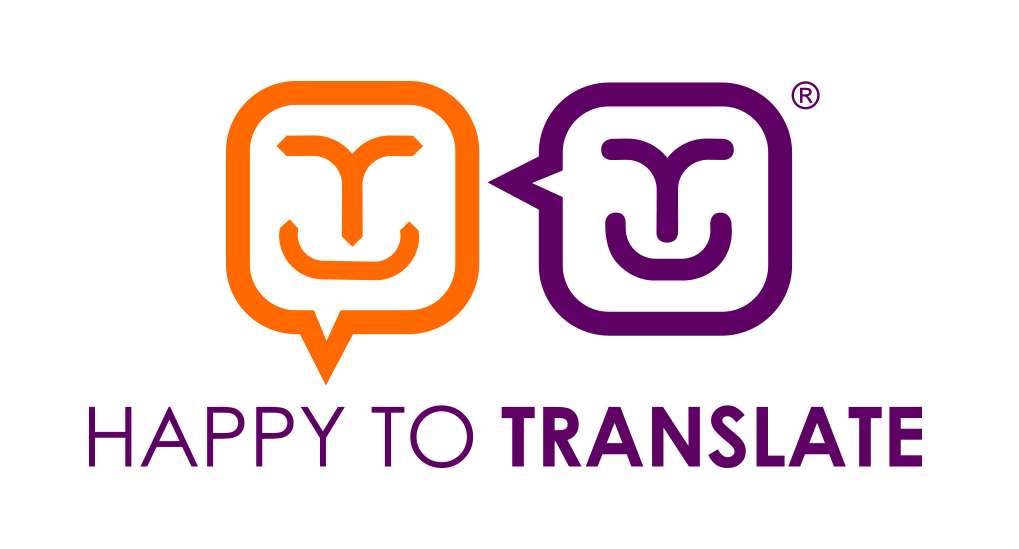Mental Health
Around 1 in 4 people are estimated to be suffering with their mental health in Scotland. Someone may not even know their mental health is suffering.
Know the signs and symptoms so you can get yourself or someone around you, you are worried about, help.
Mental Health problems can affect anyone, you are not alone.
Feeling down from time to time is perfectly normal, but when emotions like hopelessness and despair take hold and just won't go away, you may be struggling with something deeper.
Depression is a common mental health disorcer and it is estimated that around 5% of all adults in the world suffer.
It can be defined as persistent sadness and a lack of interest or pleasure in previously rewarding and/or enjoyable activities.
If you recognise any of these symptoms within yourself you should contact your GP:
- Feelings of helplessness and hopelessness.
- Loss of interest in daily activities.
- Appetite or weight changes.
- Sleep changes.
- Easy to anger or irritability.
- Loss of energy.
- Reckless behavior.
- Problems focusing.
- Unexplained aches & pains.
Anxiety is a feeling of unease, such as worry or fear that can be mild or severe. Everyone has feelings of anxiety, however, some people can find it very hard to control their worries. The anxiety feeling is more constant and can begin to affect their daily life.
People suffering with anxiety will feel anxious most days and often struggle to remember the last time they felt relaxed.
If you notice any of these signs and symptoms you should contact your GP.
- Your worrying is uncontrollable and causes distress.
- Your worrying affects your daily life, including school, your job and your social life.
- You cannot let go of your worries.
- You worry about all sorts of things such as your job, health and minor concerns like household chores.
- You constantly feel restless or on edge.
- You are irritable.
- You have difficulty concentrating or feeling your mind goes blank.
- You are having difficulty getting to and/ or staying asleep.
During a panic attack you get a rush of intense mental and physical symptoms. It can come on very quickly and for no apparent reason.
Symptoms include:
- A racing heartbeat.
- Feeling faint.
- Sweating.
- Nausea.
- Chest pain.
- Shortness of breath.
- Trembling.
- Hot flushes.
- Chills.
- Shaky limbs.
- A choking sensation.
- Dizziness.
- Numbness or pins and needles.
- Dry mouth.
- A need to go to the toilet.
- Ringing in your ear's .
- A feeling of dread or intense fear of dying.
- A churning stomach.
- A tingling in your fingers.
- Feeling like you're not connected to your body.
Most panic attacks last between 5 to 20 minutes.
- Do not fight it.
- Stay where you are if possible.
- Breathe slowly and deeply.
- Remind yourself that the attack will pass.
- Focus on positive, peaceful and relaxing images.
- Remember, it is not life threatning
An exercise that may help is the 5 method.
Sit quietly, look around you and notice:
- 5 things you can see.
- 4 things you can physically feel.
- 3 things you can hear.
- 2 things you can smell.
- 1 thing you can taste.
0800 83 85 87 – Breathing Space (helpline for people feeling down or depressed)
0141 552 6540 – Saheylia (Mental Health support for black, minority ethnic, asylum seeker, refugee or migrant women)
0344 871 11 11 – British red Cross
111 - NHS24 Mental Health Hub
116 123 or jo@samaritans.org - Samaritans
0800 1111 - Childline (Young People under 19)
0808 800 5000 - NSPCC Helpline
Text SHOUT to 85258 (Add YM if you are under 19) - SHOUT Crisis Text Line
0344 300 0550 or info@SAMH.org.uk - SAMH
0300 323 9956 or info@scottishreccovery.net - Scottish Recovery Network –
0808 802 2088 - The Spark, relationship helpline 16+ -
0300 123 2523 - LGBT Health & Wellbeing


